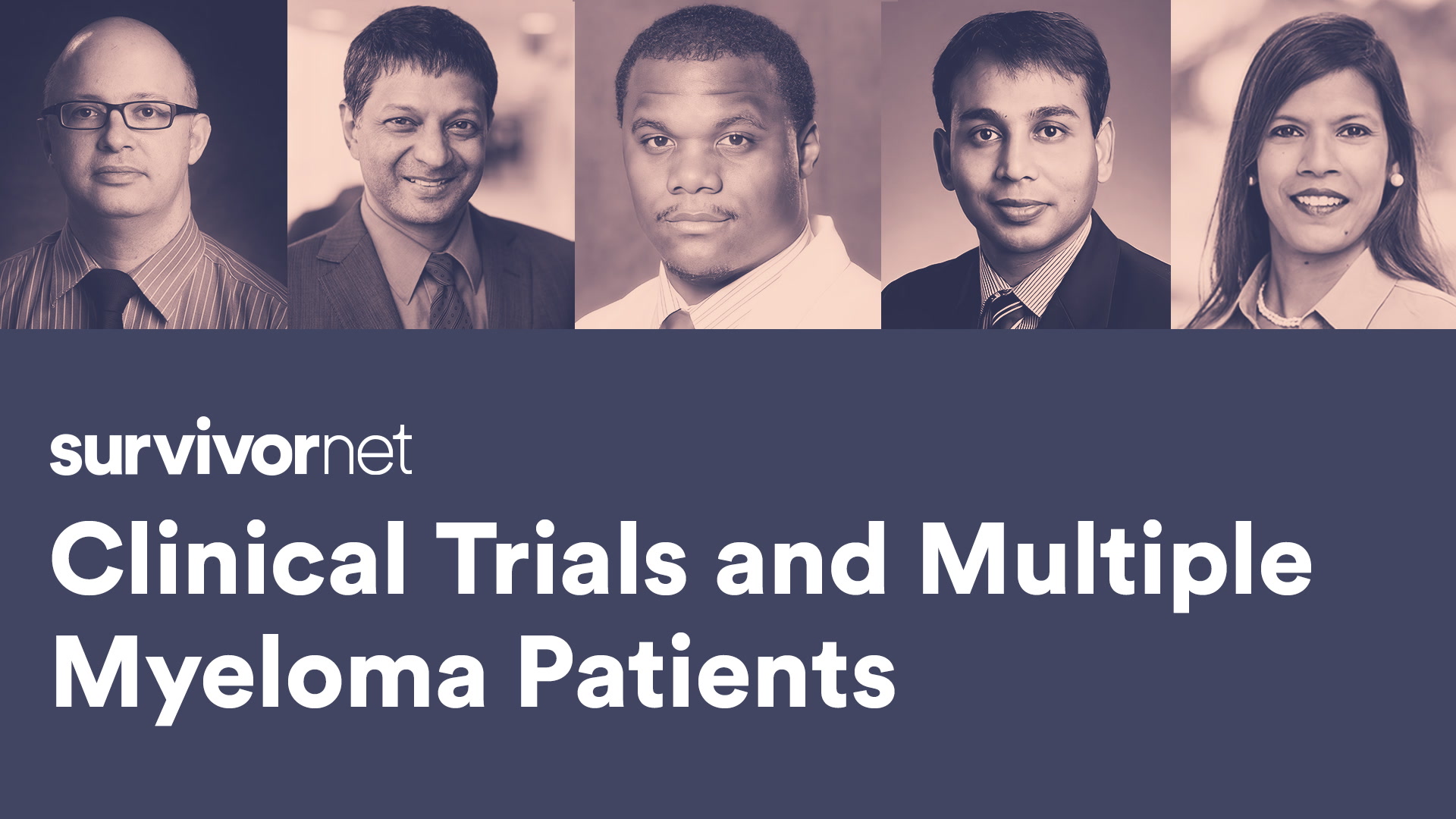Many oncologists would agree that a significant gap in cancer care exists for patients of color, limiting them from the robust assortment of care available.
At SurvivorNet’s annual “Close the Gap” conference for 2024, produced in partnership with NYU Langone Perlmutter Cancer Center, we consulted experts to get more information about what is preventing these patients from accessing available care, ranging from clinical to financial barriers, and what healthcare providers can do to address these disparities.
Rachel Marquez, Director of Cancer Equity Initiatives at Family Reach, explained that “One in three families are unable to meet their basic needs while undergoing cancer treatment.”
“These basic needs include transportation, food, utilities, and housing. With the inability to meet those needs … we’re seeing a lot of needs arise that interfere with patients following treatment protocol,” Marquez added.
How to address disparities in access
While racial disparities in healthcare have been longstanding and many affected communities continue to grapple with them, efforts are underway to reverse course.
Dr. Isabel Scarinci of the University of Alabama at Birmingham, who also spoke at the “Close the Gap” conference, said healthcare professionals need to “earn the trust” of these patients.
Physicians and medical institutions should engage with community members and organizations who have already earned the trust of patients of color and best understand their plight.
Marquez explained that Family Reach partners with community organizations designed to help Black and Hispanic families who are facing cancer. The goal is to help these families tackle their most pressing barriers associated with the disease, which may include offering transportation, financial assistance, and providing nutritious food.
The role of precision medicine
Dr. Karriem Watson of the National Institutes of Health said precision medicine has a role in closing the gap — as it can help determine what types of cancer and other diseases a patient may be at risk for. Screening and prevention tactics can then be tailored appropriately.
“What I’m seeing today is precision medicine screening that takes into account your environmental exposures, that takes into account social determinants of health, that takes into account your zip code along with your DNA, and people can make screening and treatment recommendations based on someone’s individual lifestyle and family history,” Dr. Watson explained to SurvivorNet.





